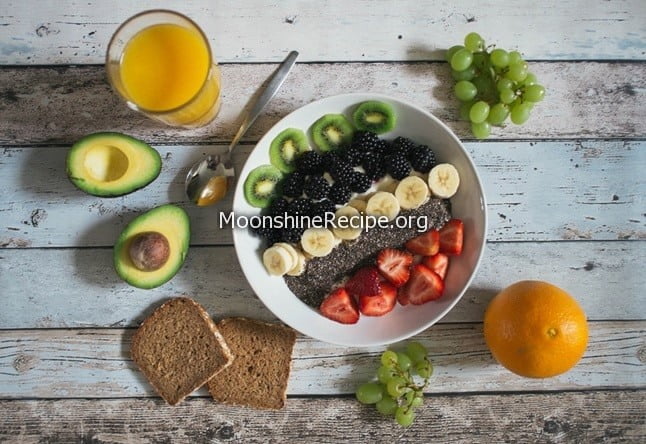
fruits and juice diet
Sometimes it is difficult to cope with anxiety, anger, heartache, and boredom. The most affordable and fastest way is food. As Robert Sapolsky, a professor of biology at Stanford, explains, this jamming of experiences is not a lack of will, but a biological mechanism: stress leads to the release of the hormones glucocorticoids, and they increase appetite. The bad news: after stress, insulin levels are elevated, so what you eat is deposited in the abdominal area and forms abdominal fat, which is associated with metabolic and cardiovascular diseases. And this strategy works poorly because the guilt for eating only increases the negative feelings. Here is how psychologists and nutritionists advise coping with emotional overeating. This problem is especially relevant for students who are often under constant stress because of all the assignments, side jobs, and busy social life. Here good friends, homework help from peers, and proper nutrition will help the most.
A ten-minute rule
There is a concept in behavioral economics that explains why we fail by trying not to overeat. It's all the fault of limited rationality ? the imperfect structure of the brain: it often chooses a smaller, but instantaneous reward instead of a larger, but delayed in time. That is cookies now, instead of a hundred years of life in the future. To regain control, Stanford professor and author of the best-selling book "Willpower" Kelly McGonigal advises to postpone eating cookies for ten minutes. Then the brain will perceive the cookie as a delayed reward, reduce the arousal of the reward system ? and it will become easier for you to resist the temptation.
More interesting activities
When we think about food, its taste, smell, and color begin to dominate our thoughts. This cycle of images can be interrupted by a new stimulus. A few years ago, Australian scientists tested whether Tetris is capable of this ? and a three-minute game of it reduced the participants ' desire to eat. It's not the magic effect of a certain game: Tetris is just an example of a complex task that changes the course of thought and blocks obsessive anxiety. The same task can be handled differently. For example, clay modeling, like Tetris, fills the mind with visual images that are different from food. A dynamic visual noise-a special sequence of flashing black-and-white squares, as in this video makes it difficult to concentrate on the desire to eat. And moving is generally the best way to end the stress cycle; it's no surprise that brisk walking helps you avoid overconsuming chocolate.
I'm so excited to prepare so many #recipes of #drinks, #cocktails, #Moonshine, #food - I'm ready to get down to work! #Moonshinerecipe
Not-so-bad overeating
When you eat emotions, you usually want UNHEALTHY foods. The paradox is that it is these foods that make you feel even more anxious and eat more, and also reduce your resistance to future stress. Eat stress correctly: those foods that quickly and permanently satisfy hunger, improve mood, or at least suppress the desire to chew. For example:
Fiber is very satiating and gives a long feeling of satiety. Therefore, one of the best breakfasts is oatmeal with fruit and seeds: it reduces the feeling of hunger between meals.
Fruits and vegetables protect against depression thanks to vitamins C and E, which counteract inflammatory markers, fiber, which reduces anxiety levels and improves the composition of the gut microbiome, which is closely related to mood.
Bitterness, like spinach, makes us want less sweet things. A 15-minute chew of gum and the smell of mint also helps.
The Mediterranean diet prevents overeating presumably because its diet is optimal for the gut microbiome. Many of its components improve mood. Nuts and seeds contain a lot of magnesium, which helps to cope with anxiety, and fish and olives contain omega-3 acids, which make us more resistant to stress. Scientists are even exploring the potential of omega-3s to prevent depression and suicide.
Warm drinks provide the comfort that we unconsciously seek in food, even if just holding a cup in your hand, and caffeine slightly suppresses the appetite.
The 80/20 principle
"All or nothing" in the diet does not work: strict restrictions increase anxiety and appetite, and you want to eat exactly what is "forbidden". To avoid this, nutritionist Lisa Young recommends the 80/20 rule ? the Pareto principle of economics, shifted to a dietary way. 80/20 in nutrition works like this: every day you eat a lot of healthy, nutrient-rich food (80% of the total energy value of the daily menu) and supplement it with "treats" like chips, chocolate, and wine (the remaining 20%).
Refusal of packages
When a meal feels like a snack rather than a full meal, we eat more and don't notice it. When it is laid out in small packages ? too. The problem is that standardized portions make it difficult to feel how much you want to eat. Try to give up packaging for a few weeks. "Serve food in very large dishes or bowls, so that you are not able to count how much you have already eaten," advises nutritionist Ella Bortheim. ? The first couple of times, you'll probably overeat yourself. Use this as an experience to help you capture how your body feels when you overeat." Without seeing how many packages you've eaten, you'll learn to focus on feeling full, rather than the manufacturer's deceptively small portions, and eat as much candy or chips as your body demands, not your anxiety.
Plans for the evening
The biggest risk of overeating is in the evening. At this point, we get tired, accumulate stress, and deplete our willpower, which turns into an attack of overeating. Prepare for the evening in advance: make a healthy dinner, decide what you will do and with whom, so that it is easier to resist the automatism of the habit. By the way, there is a psychological technique that will help you eat less if something suddenly disrupts your plans for the evening ? safety priming. Think about those people with whom you have a safe, stable, and calm relationship, and this will stop anxiety and an attack of excessive appetite. Additionally, if you are a student and experience anxiety because of the homework, simply contact essay help.
The Power of Rituals
In one experiment, scientists compared how well weight-loss patients control themselves if they carefully monitor their diet or simply perform a simple three-step ritual before eating. The ritual looked like this: before eating the food, you had to cut it; arrange the pieces on the plates to achieve symmetry; touch the food with the cutlery three times. Participants who performed this ritual ate 200 kcal less than those who did not. You can use this ritual or any other one that you come up with yourself, the main thing is to regularity, and then they will reduce anxiety.
Time to worry
If you deal with stress with food, then you practice an emotional avoidance strategy: food allows you not to face difficult experiences. Stop running away. Acceptance increases the ability to tolerate anxiety and helps regulate emotional appetite. To stop ignoring feelings, find 5-30 minutes for them every day. At this time, do not suppress emotions, as usual, but allow yourself to feel them as intensely as possible. The rest of the day is for peace of mind.
[gs_pinterest id=1]

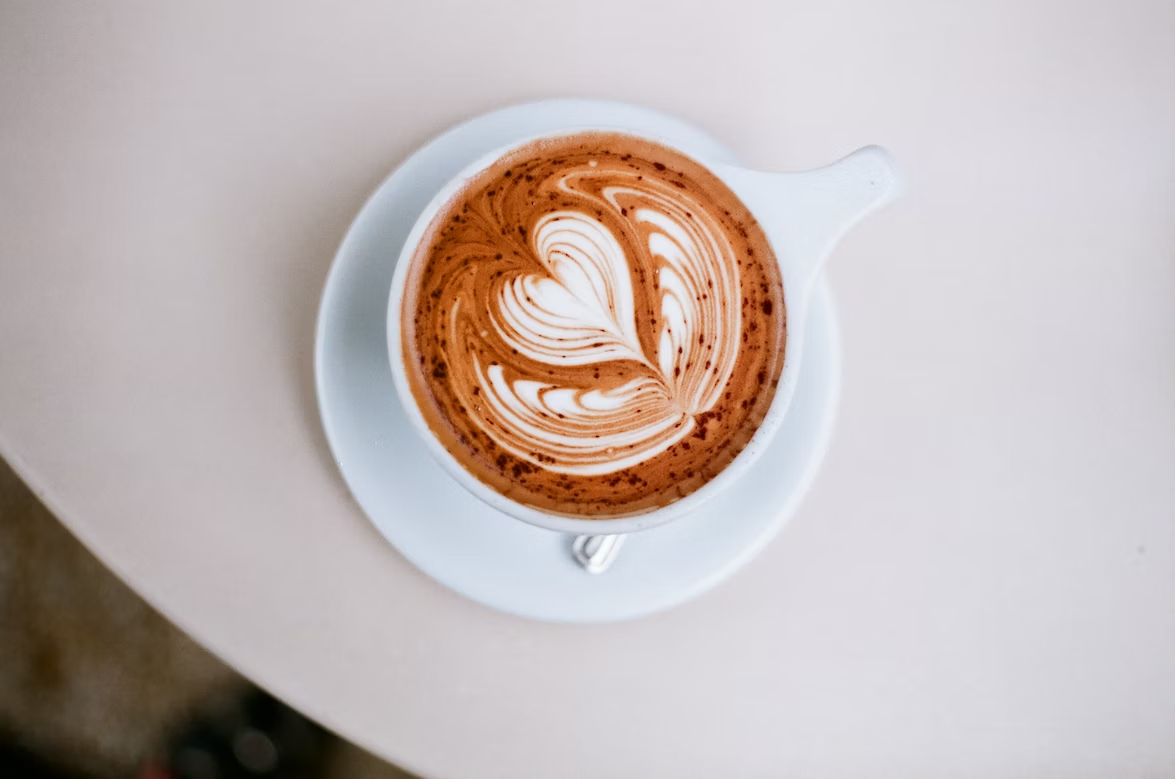
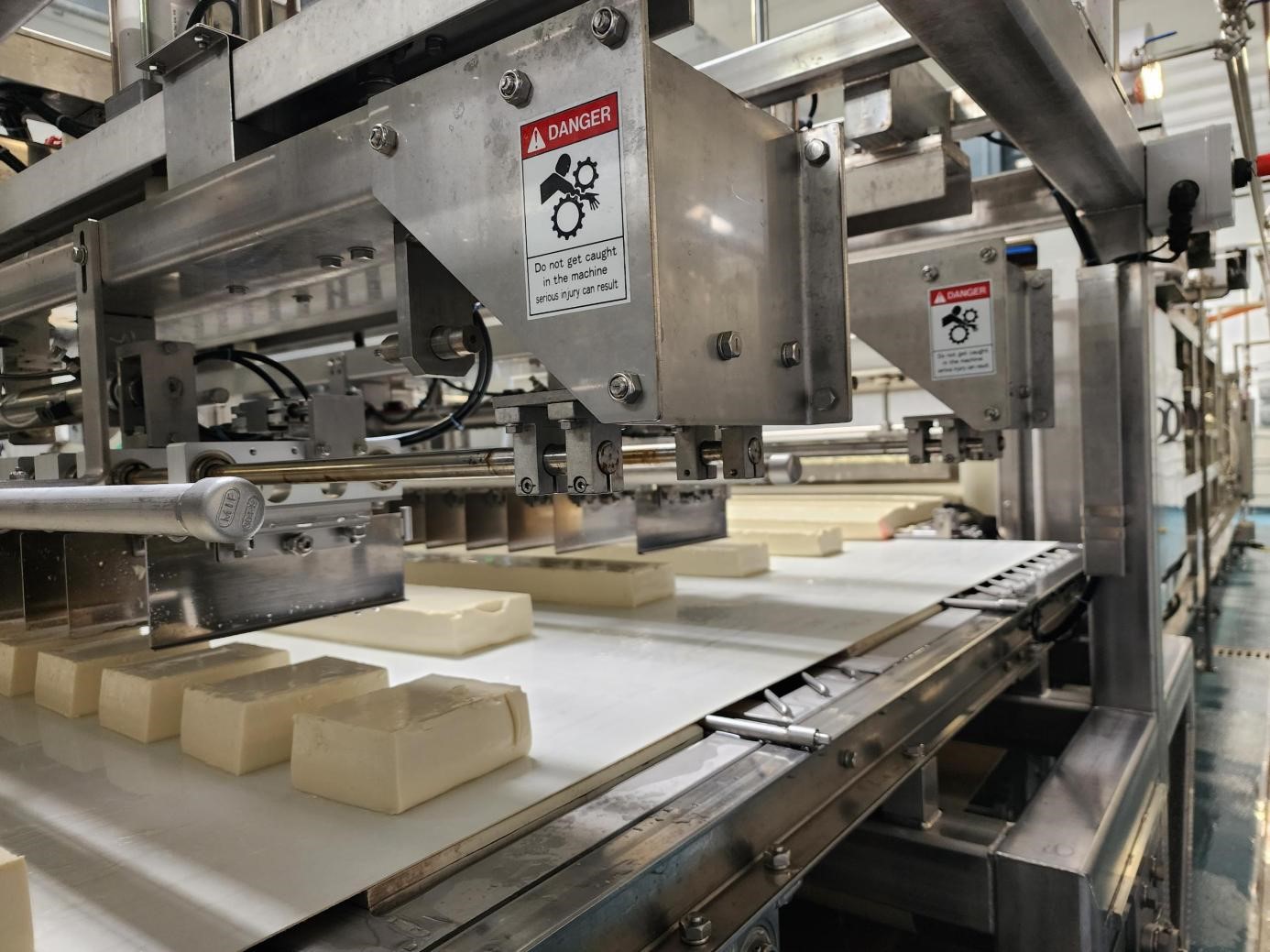
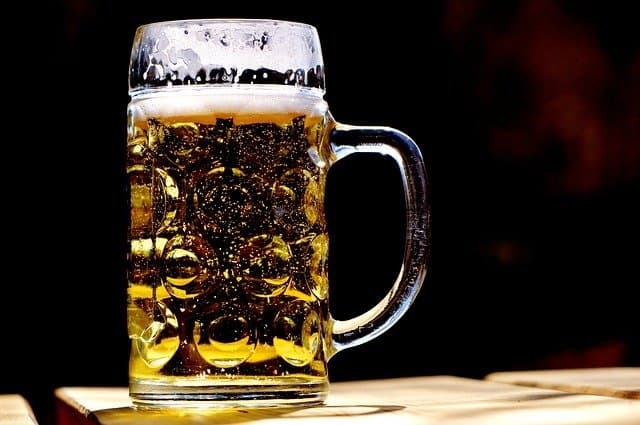
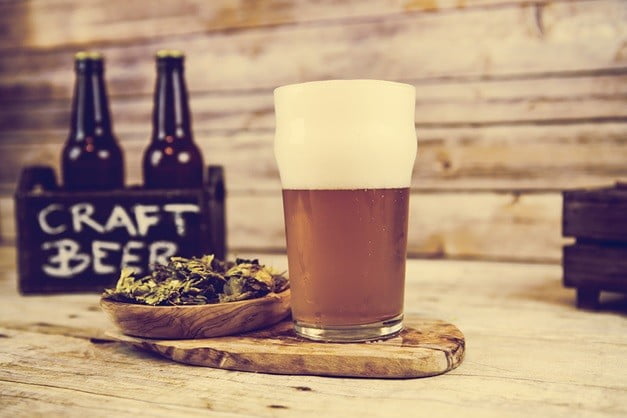
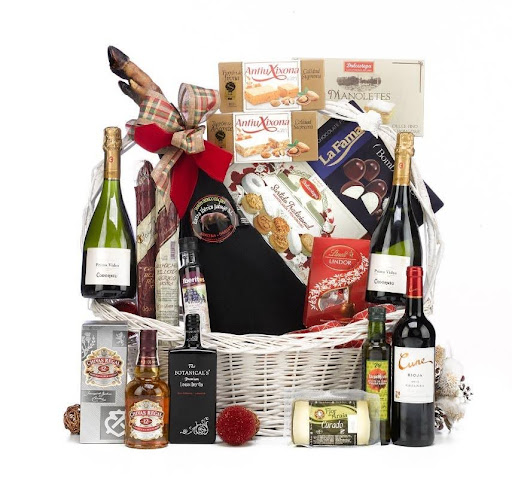
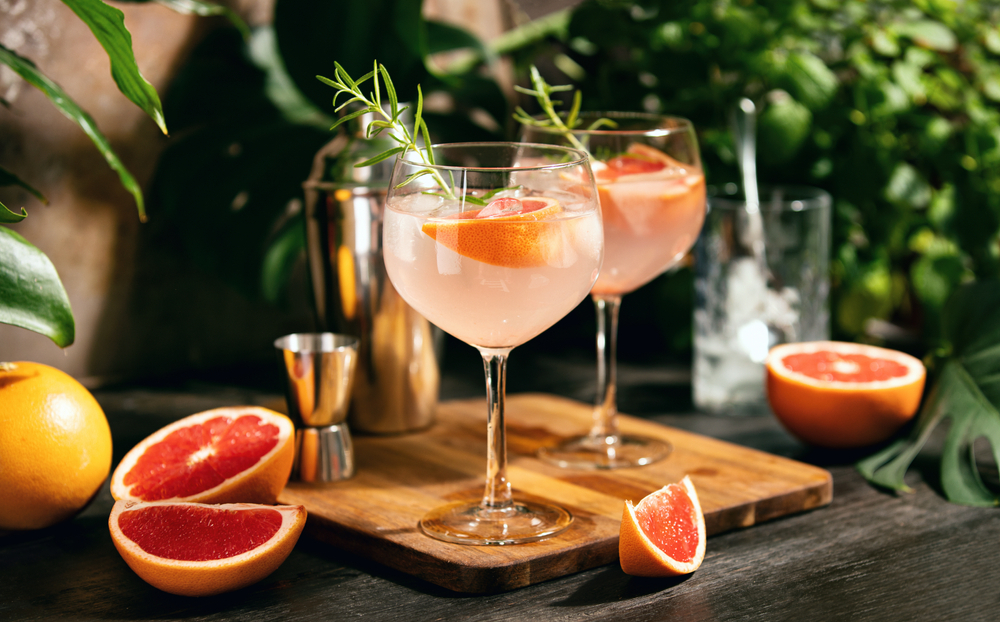
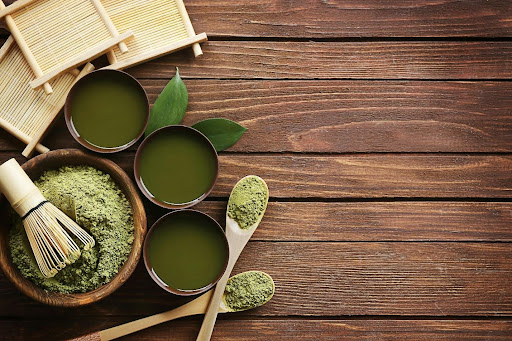
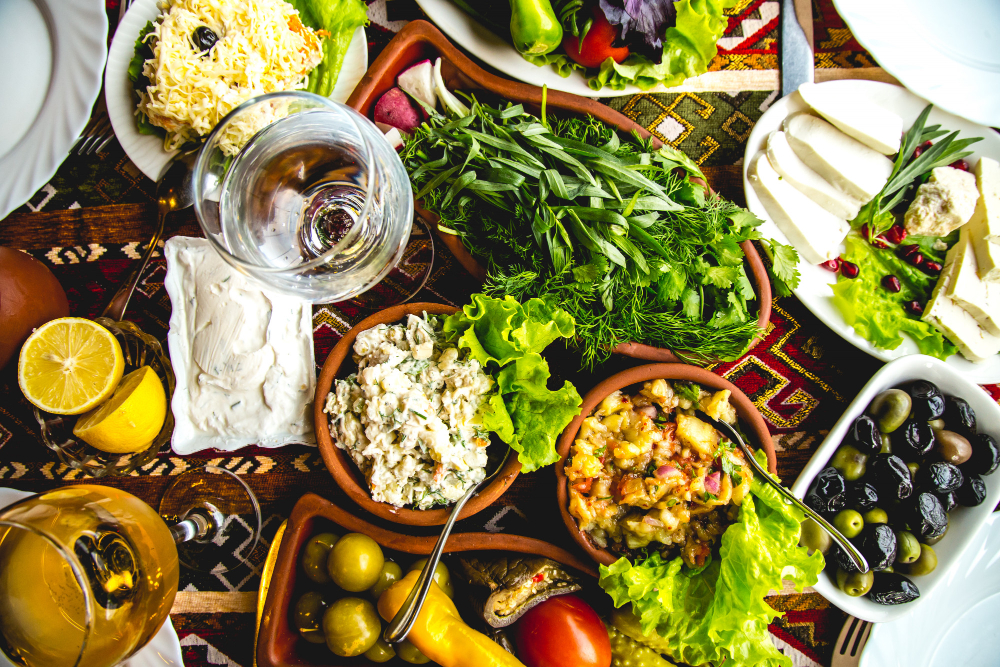
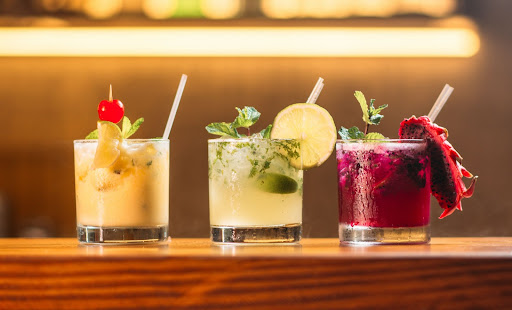

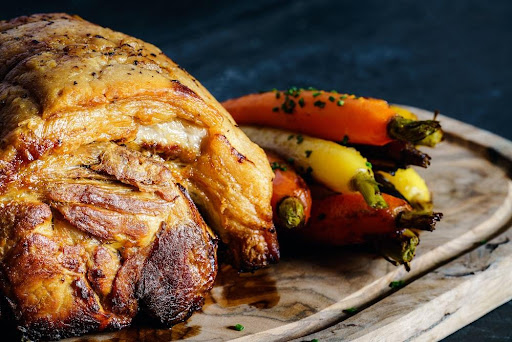

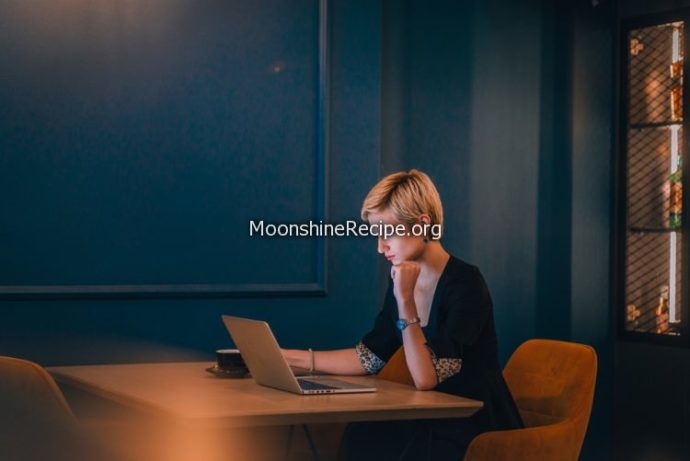

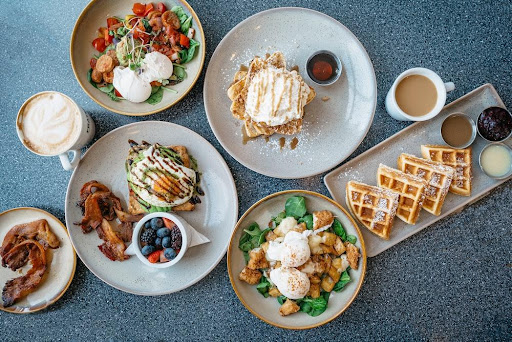
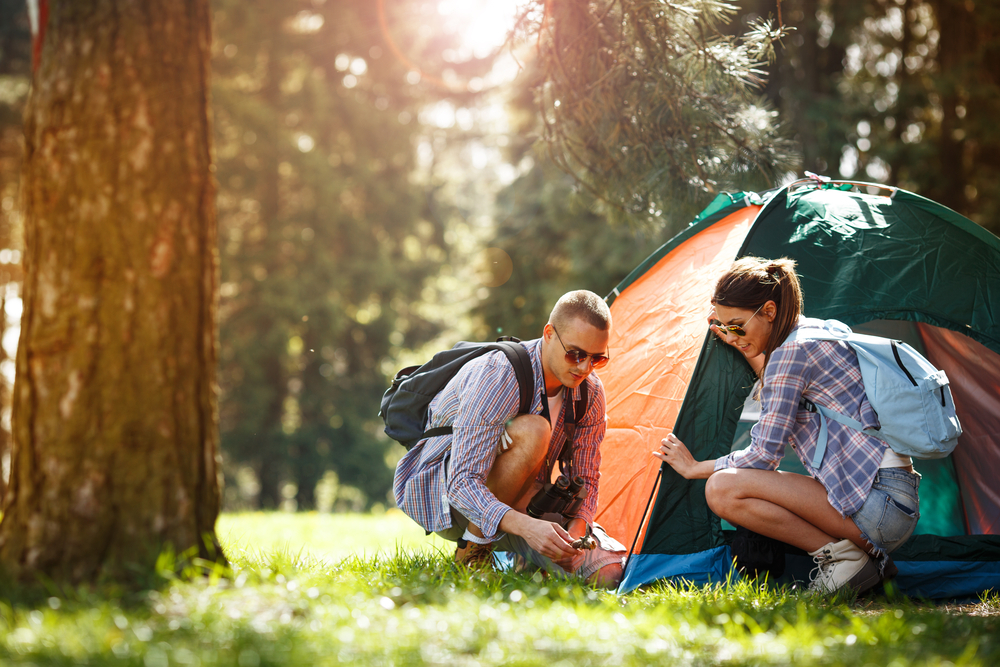

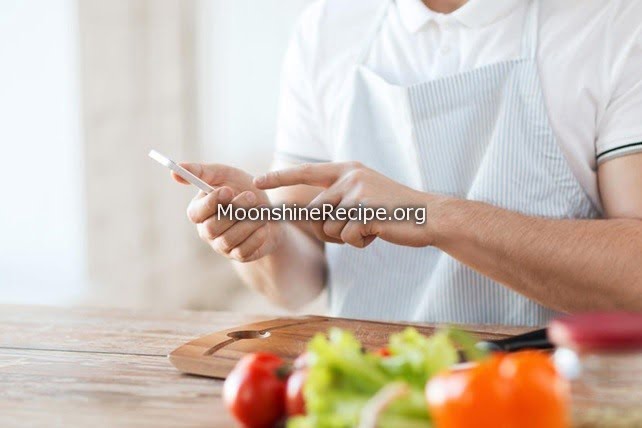
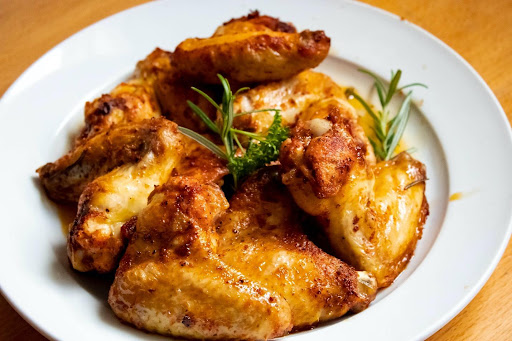

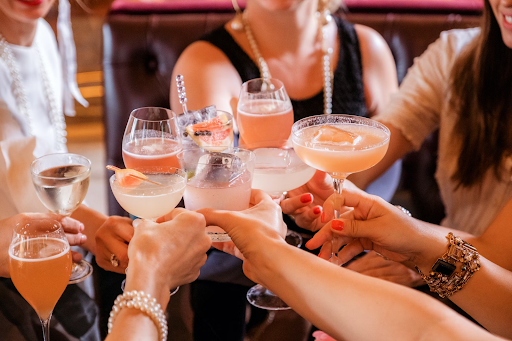
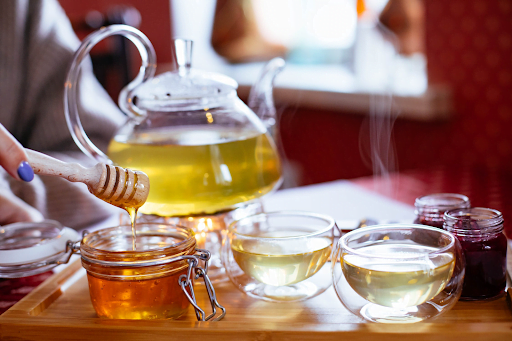
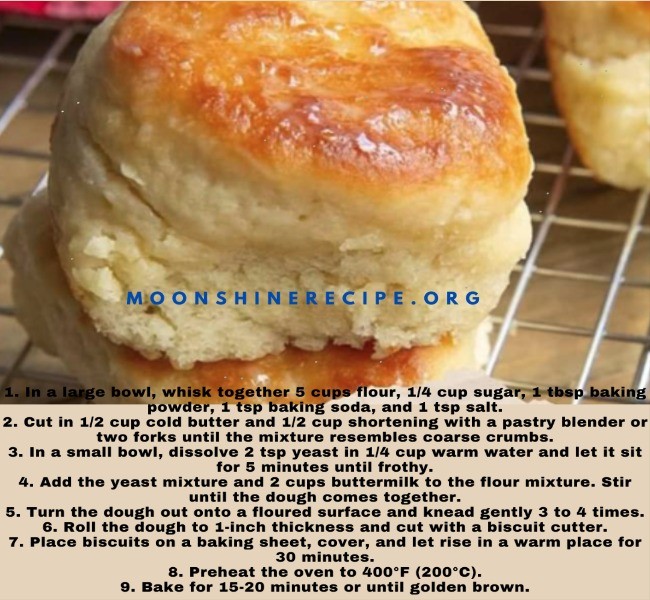
Leave a Reply